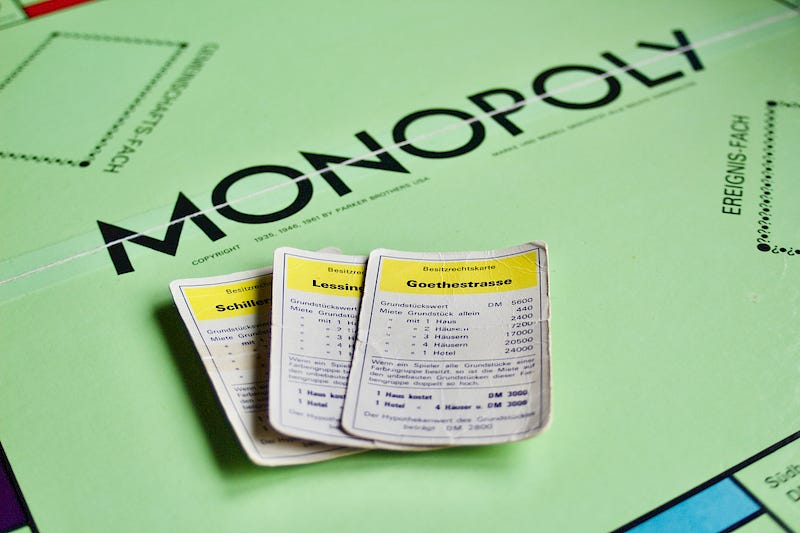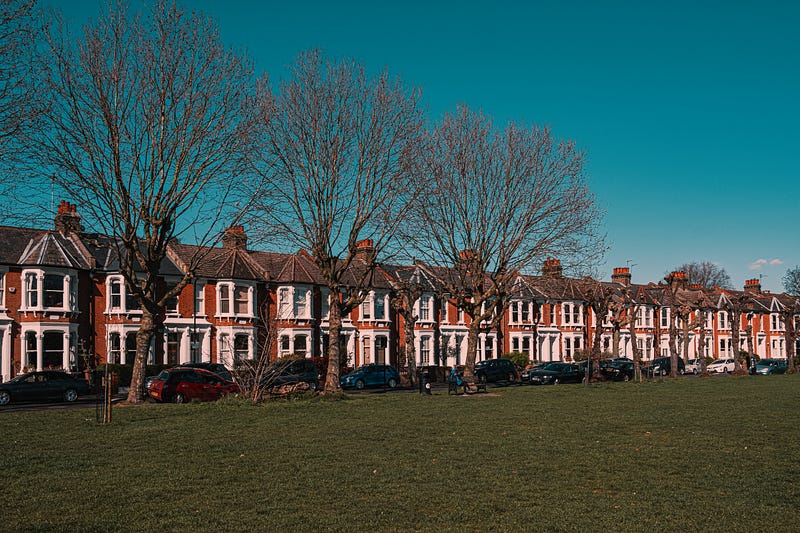A Discussion of Bourgeois Equality Chapter 47 “Yet Some Christians Anticipated a Respected Bourgeoisie”
Dr. McCloskey notes that in the later medieval era you can already see Christianity making room for trading and profits that will allow successful merchants to still be devout Christians.
She notes Thomas Aquinas promoting such thinking in the 1300s.
Thomas Aquinas…among others…worked out in the high Middle Ages an ethical life for merchants. The criterion was that profit was acceptable if at the level necessary to maintain one’s (God-given) place in the Great Chain of Being. (p. 451)
So, he is still a creature of the medieval era holding to the hierarchy of the Great Chain of Being, but at least there is a beginning of understanding that profiting with one’s God-given talents can coexist with faith.
McCloskey also notes similar thinking from Pope John XXII who reigned in the early 1300s.
…John XXII…was highly suspicious of some of the poverty-glorifying friars. In 1329 he argued that man’s possession of property was parallel to God’s possession of the universe, an instance, you see, of man being made in the image of God. (p. 452)
The discussion in this chapter of evolving Church understanding should not be taken as hypocrisy or justification. The Church has wrestled from the beginning with how engaged we should be with the world given the sins and temptations it embodies. Scriptures say going too far with asceticism can lead to sin, however, just as much as being too in the world.
The next point McCloskey raises was a bit hard for me to discern, but I think she is arguing that today we tend to have a dichotomy between business and religion that was not there in the past. (p. 452)
The medieval Italian manufacturers and merchants…were not merely Easter-duty Christians. They worked at their faith as they worked at their trading. (p. 453)
By this she means their faith was a part of their every day life and thus a part of their work life. To our modern ears, she says this can sound insincere to be fusing business with the body of Christ.
Yet she cites a wealthy businessman of the day, Donato Ferraro, founding a divinity school in the 1400s much like our wealthy businessmen of today found hospitals and libraries.
But read the ample writings and confidential notebooks of Italian merchants of the time…and you have to abandon the cynical and materialist hypothesis. (p. 453)
Our time is so infused with materialism, it is hard for us to imagine living and thinking any other way.
She jumps forward in time to a businessman of the 1700s, Joseph Ryder, who kept a detailed diary (40 volumes over 30+ years!) studied by historian Matthew Kadane.
Ryder’s writings show the struggle mentioned above of being prosperous and still faithful.
Ryder watched himself with the intensity of a Woody Allen character under psychoanalysis, and for the same reason: his modern life in trade, he believed, might corrupt his soul…As Ryder put the matter in another of his hymnlike lines: “If I’m concerned too much with things below / It makes my progress heavenward but slow.” (p. 456)
The historian Kadane sums up Ryder’s struggle this way.
Kadane concludes, “What in the first instance gave shape to Ryder’s economic outlook, self-image, and the image he projected to others was a spiritual struggle he wages daily in the privacy of his journal to stay poised between damning extremes,” that is, the extreme of denying the use of God’s gifts in the world and the other extreme of worldly pride. (p. 457)
Thus, the Church had opened the door to the bourgeois being successful in the marketplace, but it did require the faithful to wage war on the temptation of pride.
Coming even more forward in time, we today in our materialist world have stripped ethics from economics, reducing it to one virtue only: prudence. Reason is all that matters. Decisions can be reduced to costs versus benefits.
Max U was the name McCloskey used for economic man that exists in our economic models. We make so many simplifying assumptions about human behavior that the creature we are using in our models is devoid of virtues other than prudence, which very easily can tip over into greed without other virtues to hold it in check.
Yet McCloskey points out this distortion has led some today to turn against the bourgeois and ultimately the trade tested system of betterment.
The modern clerisy, left and right — vainly scornful of the virtue of prudence, and attributing the corresponding sin of greed to anyone who watches his costs and considers his benefits — has returned to the anti-economic, antitrade, anticommercial, antibettering, antibourgeois ethic of the desert fathers. (p. 458)
One more reminder from McCloskey of what we have lost when we forgot virtue ethics and live only in our materialist world. Still, the betterment system did create its own vested interests, which she explores in the next chapter.
Reference: McCloskey, Deirdre Nansen, 2016. “Yet Some Christians Anticipated a Respected Bourgeoisie,” Chapter 47 of Bourgeois Equality, The University of Chicago Press.




